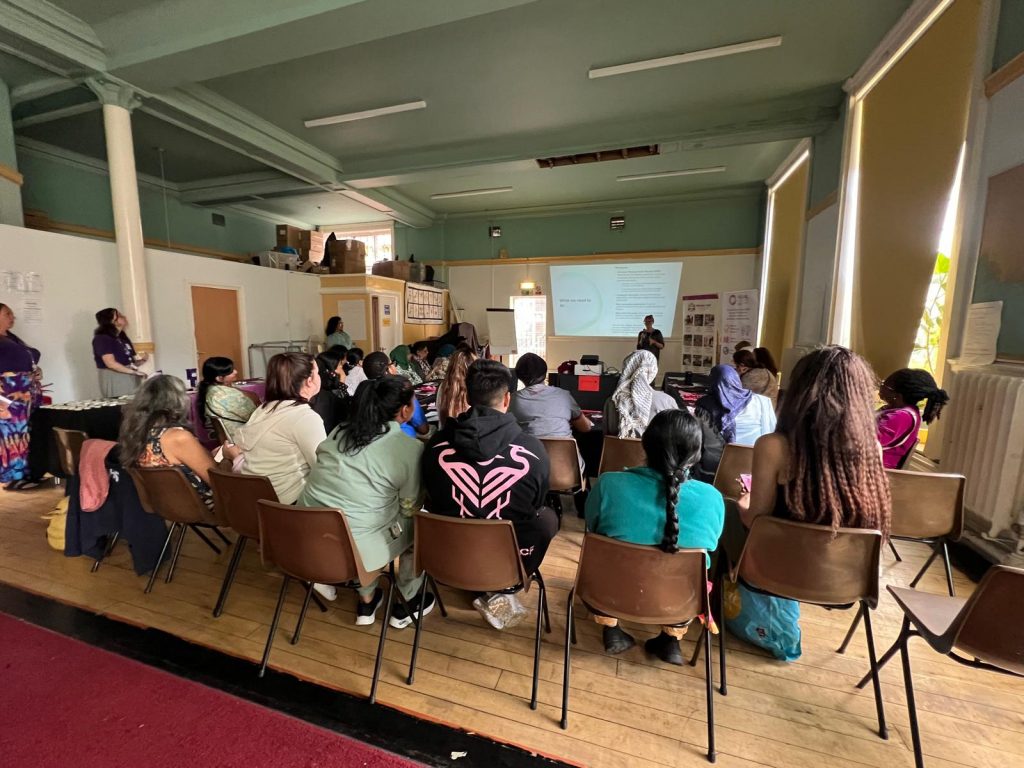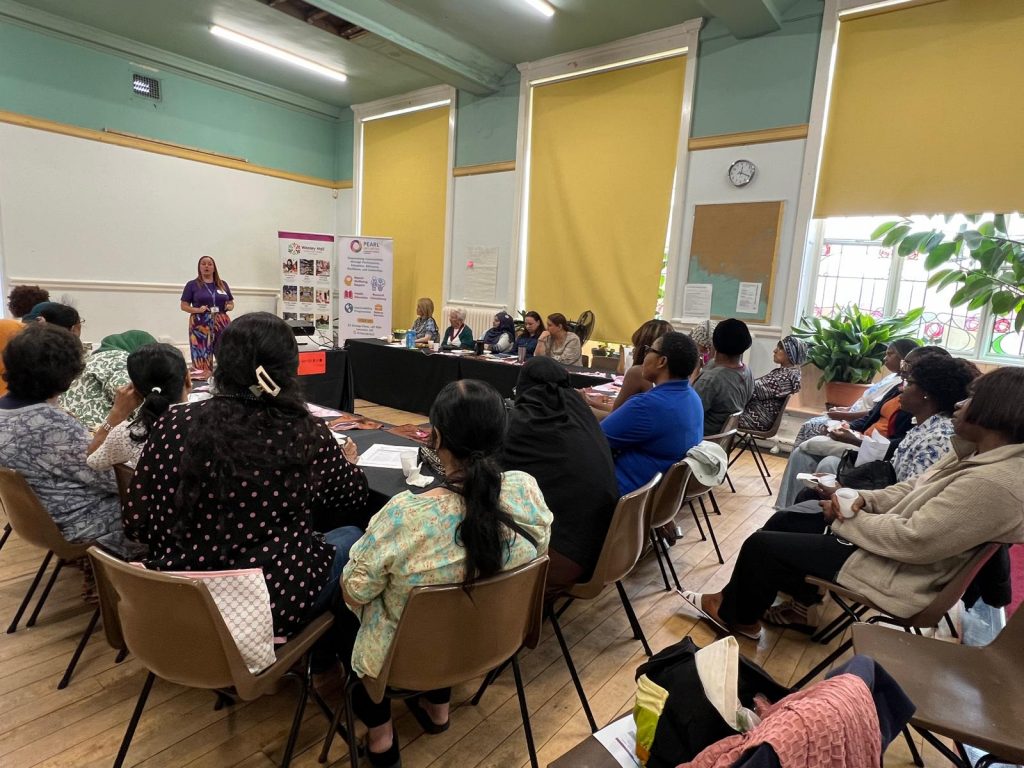About US

Our Mission
Empower individuals, families, and communities, particularly those from Black and ethnically diverse backgrounds in Leicester, through accessible health education, holistic well-being support, sustainable development learning, employability training, and culturally responsive referral services. We are committed to building resilience, advancing equity, and fostering lasting positive change.
What P.E.A.R.L. Stands For
Our name is not just symbolic; it is strategic. Each letter in P.E.A.R.L. reflects our values, our methods, and our long-term commitment to community transformation:
P – Participation: We believe in co-producing solutions with those we serve. Beneficiaries are not passive recipients but active partners in shaping the services they need.
E – Education: We promote accessible, culturally sensitive health and life education that enables people to make informed decisions for themselves and their families.
A—Advocacy: We advocate for health equity, inclusion, and the voices of the unheard, influencing local and national dialogue around public health, well-being, and social justice.
R – Resilience: We equip communities to bounce forward from hardship through mental health support, skills-building, and sustainable livelihood pathways.
L – Leadership: We nurture leadership from within the community, especially among women, youth, and marginalized groups, empowering them to drive change and inspire others.

Personalised Well-being and Community Support
Our Founder’s Journey: The Heart Behind P.E.A.R.L.

The vision for P.E.A.R.L. INITIATIVE CIC was born from a lifelong calling to serve. At 14, I began volunteering at a motherless baby home, witnessing firsthand the transformative power of compassion, connection, and consistent community care. That early experience lit a fire in me that has never dimmed.
Over the past 15+ years, I have worked extensively in the charity and public health sectors, leading community health interventions focused on HIV prevention, reproductive health and rights, and family planning across various global contexts. I advocated for the uptake of long-acting reversible contraceptives (LARCs), supported the empowerment of women and girls, and facilitated vital health education in underserved communities.
Since relocating to the UK, my focus has expanded to include menstrual hygiene education, mental health awareness, and climate action, especially among ethnically minoritised populations

These experiences and my academic journey—I hold a Master’s in Public Health, a second Master’s in Global Health, and am currently pursuing a PhD in Health Studies—have deepened my understanding of systemic health inequalities and how they disproportionately affect marginalised communities.
